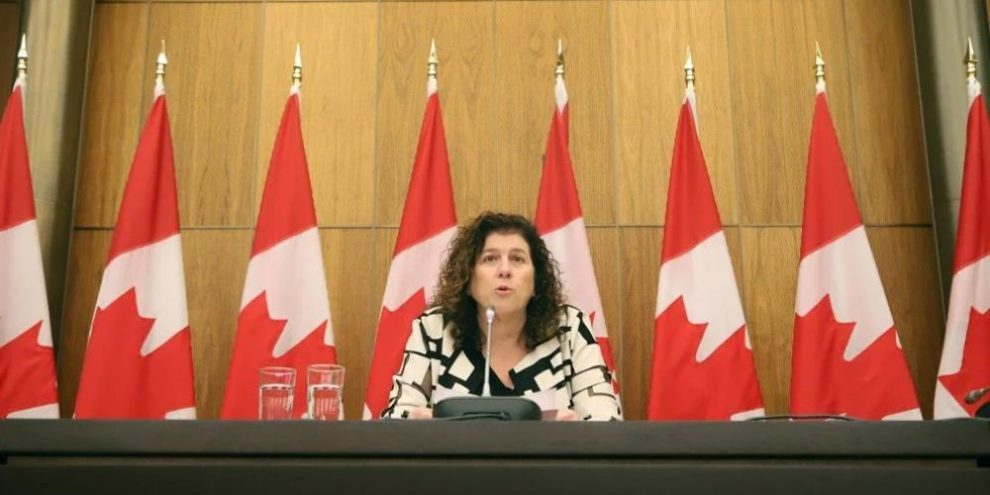
Experts in artificial intelligence say it's risky for the Canada Revenue Agency to turn to artificial intelligence to help Canadians with their tax problems when human call centre employees have shown to struggle providing accurate information.
On Tuesday, federal auditor general Karen Hogan issued a damning report which found not only was the CRA answering very few of the calls coming in, when it did pick up the phone, an accurate response was provided by a live agent to fewer than one in five callers about personal income taxes.
Hogan found that Charlie, a rule-based artificial intelligence chatbot, offered correct information about one-third of time.
Barrie's News Delivered To Your Inbox
By submitting this form, you are consenting to receive marketing emails from: Central Ontario Broadcasting, 431 Huronia Rd, Barrie, Ontario, CA, https://www.cobroadcasting.com. You can revoke your consent to receive emails at any time by using the SafeUnsubscribe® link, found at the bottom of every email. Emails are serviced by Constant Contact
Unlike generative AI which generates new content based on questions asked, Charlie provides answers from pre-determined scripts to assist in frequently asked questions and straightforward inquiries.
The CRA is also piloting a generative AI version, and expanding its use of the chatbots by running them longer hours and expanding the number of questions they can answer.
Anatoliy Gruzd, the Canada Research Chair in Privacy Preserving Digital Technologies, said the CRA needs to get it right with the people before it should rely on AI.
"If you're a government agent, and you're launching a chatbot, you want to make sure that you have the process nailed down with the human agent," he said.
Gruzd explained that chatbots depend on accurate data from human agents.
"I think going back to the basics and trying to figure out why human agents get some of the answers wrong will be critical before launching any major AI initiatives," he said.
Adegboyega Ojo, a Carleton University professor who specializes in the governance in AI, said the technology can be better utilized, if developed carefully.
Ojo researches technical mechanisms for safe and beneficial AI use in government, and said the CRA should use a mixed human-AI model. That would allow machines to answer frequently asked questions, while passing over more complex and nuanced queries to specialists.
"Whether you talk about AI or not, if you are a public servant, you have to be well trained," Ojo said. "But, when you have complex tasks, that really requires a lot of cognitive load in terms of remembering things and knowing rules; this is why you need a machine."
Ojo says AI can ease the burden of high call volumes on CRA staff, but he stressed human workers stay essential and should not be replaced outright.
"Chatbots can be the most sophisticated chatbots and agents today that can do planning, that can speed things up, and still get tripped up because they miss the context," said Ojo. "I think the ideal way to deploy an AI system is to always have the human oversight, and that's where the accountability comes in."
Jasmin Manseau, an associate professor at the University of Ottawa's Telfer School of Management, said contemporary AI handles predictive-based tasks better than judgment-based tasks, but argued there is still room for machine error.
"I think it depends on the tasks, and something that is routine definitely can be automated, but arguably, not everything can be," he said.
He said the government's use of AI is important for technological advancement, but says public trust is needed for success.
"If it is accurate and people trust it, then they'll use it, and they'll give better recommendations," said Manseau. "We need to reach this threshold where it's at an 70 per cent, 80 per cent, 90 per cent accuracy."
This report by The Canadian Press was first published October 25, 2025.





